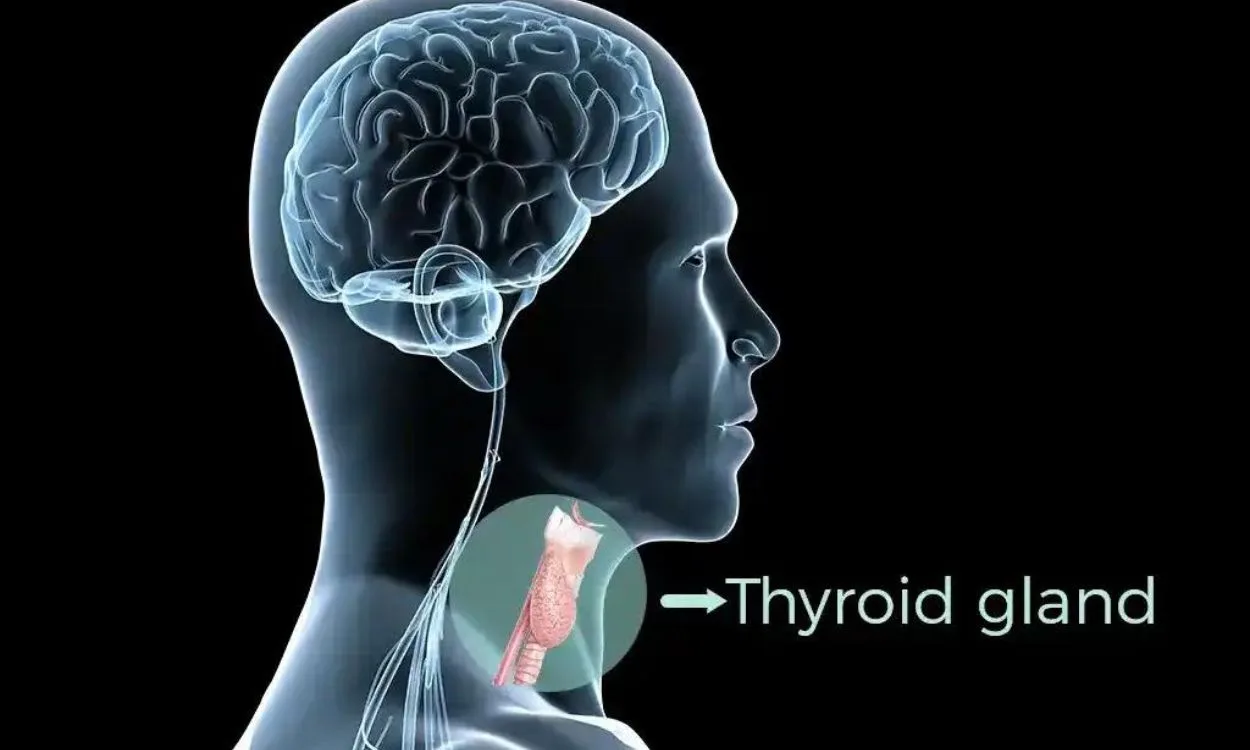The Impact of Thyroid Disorders on Mental Health: Understanding and Coping
Thyroid disorders are known to have a significant impact on mental health, often causing a range of emotional and cognitive challenges. The thyroid gland plays a crucial role in regulating various bodily functions, including metabolism, energy levels, and mood. When this delicate balance is disrupted by a thyroid disorder, it can lead to a cascade of mental health issues that profoundly affect an individual’s overall well-being.
Understanding Thyroid Disorders
The thyroid gland, located in the neck, produces hormones that regulate metabolism and influence various bodily functions. When the thyroid gland becomes underactive (hypothyroidism) or overactive (hyperthyroidism), it can have widespread effects on physical and mental health.
Hypothyroidism and Mental Health**
Hypothyroidism, characterized by an underactive thyroid gland, can lead to symptoms such as fatigue, weight gain, and cognitive difficulties. From a mental health perspective, individuals with hypothyroidism often experience:
– Depression: Hypothyroidism can contribute to depressive symptoms, including low mood, decreased motivation, and feelings of hopelessness.
– Cognitive Impairment: Brain fog, forgetfulness, and difficulty concentrating are common cognitive symptoms associated with hypothyroidism.
– Anxiety: Some individuals with hypothyroidism may experience heightened anxiety or nervousness.
Hyperthyroidism and Mental Health
Conversely, hyperthyroidism, characterized by an overactive thyroid gland, can lead to symptoms such as weight loss, rapid heartbeat, and irritability. The impact of hyperthyroidism on mental health may include:
– Anxiety and Panic: Hyperthyroidism can exacerbate feelings of anxiety, leading to panic attacks and restlessness.
– Mood Swings: Individuals with hyperthyroidism may experience pronounced mood swings, including irritability and agitation.
– Cognitive Disturbances: Difficulty concentrating, racing thoughts, and mental hyperactivity are common cognitive symptoms associated with hyperthyroidism.
Coping Strategies for Thyroid-Related Mental Health Challenges
Managing the mental health impact of thyroid disorders requires a comprehensive approach that addresses both the physiological and psychological aspects of the condition. Here are some effective coping strategies for individuals facing these challenges:
Medical Management
– Thyroid Hormone Replacement Therapy: For individuals with hypothyroidism, synthetic thyroid hormone medication can help restore hormone levels and alleviate associated mental health symptoms.
– Anti-thyroid Medications/Radioactive Iodine Therapy: Individuals with hyperthyroidism may benefit from medications or treatments that reduce thyroid hormone production to improve mental health symptoms.
Lifestyle Modifications
– Nutrition: A balanced diet rich in essential nutrients can support thyroid function and overall mental well-being.
– Stress Management: Techniques such as mindfulness, meditation, and yoga can help individuals manage stress, which may exacerbate mental health symptoms related to thyroid disorders.
Psychological Support
– Therapy: Cognitive behavioral therapy (CBT) and counseling can be beneficial for addressing mood disturbances and cognitive challenges.
– Support Groups: Connecting with others facing similar challenges can provide valuable emotional support and coping strategies.
Introducing Fitpaa: A Comprehensive Approach to Mental and Physical Well-being
While coping with the mental health impact of thyroid disorders, it’s essential to explore holistic solutions that address overall well-being. Fitpaa, a revolutionary AI-driven Metabolism monitoring and management technology, offers a comprehensive approach to achieving health and fitness goals, including addressing the mental health challenges associated with thyroid disorders.
Personalized Metabolism Assessment
Fitpaa’s advanced technology allows individuals to undergo a thorough metabolism assessment, identifying the root cause of their health condition, including any impact from thyroid disorders.
Tailored Fitpaa Capsule
Based on the metabolism assessment, Fitpaa’s expert team of fitness coaches, nutritionists, and doctors collaborates to create a personalized Fitpaa Capsule, integrating medical therapy, exercise therapy, nutrition therapy, and cognitive behavior therapy to optimize metabolism and support mental health.
Real-time Guidance and Support
Fitpaa’s innovative real-time guidance technology incorporates cognitive behavioral therapy principles to provide timely nudges, habit-building techniques, and purpose-driven motivation, supporting individuals in their journey to achieve mental and physical well-being.
In conclusion, the impact of thyroid disorders on mental health is profound, but with awareness, support, and comprehensive solutions like Fitpaa, individuals can navigate these challenges and strive towards a healthier, more balanced life.
To embark on your journey towards holistic well-being, download the Fitpaa app today and experience the transformative power of personalized health and fitness support. Your well-being is our mission, and we are dedicated to helping you achieve your health and fitness goals with guaranteed results.









